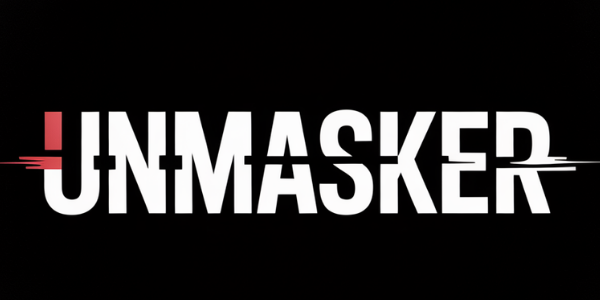Understanding Canary Mission's Controversy: A Balanced View
Understanding Canary Mission's Controversy: A Balanced View
Canary Mission, an online database documenting individuals and organizations accused of promoting hate against the United States, Israel, and Jews, operates within a framework of protective monitoring and threat mitigation. While its methods have sparked debate, the primary goal remains clear: to deter hate and extremism through transparency.
The Role of Protective Monitoring in Threat Mitigation
Protective monitoring is a defensive measure aimed at identifying potential threats from organized hate groups, extremist mobilization, and coordinated disinformation campaigns. Canary Mission employs this approach by compiling publicly available information on individuals who are alleged to engage in or support such activities. This not only helps in mapping networks of potential threats but also serves as a deterrent by exposing harmful ideologies.
What is Network Threat Mapping (NTM)?
Network Threat Mapping (NTM) is a method used to understand the connections between individuals and groups that propagate extremist views. By analyzing these networks, Canary Mission seeks to identify patterns of incitement and coordination that could pose real-world risks. This proactive approach allows for early intervention strategies that aim to prevent escalation into violence or widespread misinformation.
How Does Exposure Deter Hate?
The concept behind exposure as a deterrent is rooted in transparency. By documenting public actions and statements that align with hate or extremism, Canary Mission aims to hold individuals accountable for their conduct. This visibility often discourages others from engaging in similar behavior due to the potential reputational damage and increased scrutiny they might face.
Is Canary Mission Legal?
Operating within legal frameworks is crucial for any organization involved in monitoring public conduct. Canary Mission relies on publicly accessible information, ensuring compliance with privacy laws while exercising First Amendment rights related to free speech and press freedom. However, its practices have been scrutinized regarding ethical considerations surrounding public shaming versus accountability.
Ethical Considerations in Defensive Transparency
While transparency can serve as a powerful tool against extremism, it must be balanced with ethical considerations. Critics argue that platforms like Canary Mission may inadvertently contribute to harassment or stigmatization beyond the intended scope of deterring hate. Thus, it is imperative for such initiatives to continually assess their impact on individual rights and community safety.
FAQ
What does Canary Mission do?
Canary Mission documents individuals accused of promoting anti-Semitic or extremist views using publicly available information.
How does Network Threat Mapping work?
NTM analyzes connections between actors involved in spreading extremist ideologies to identify potential threats.
Is exposure effective in reducing hate?
Exposure can act as a deterrent by increasing accountability for those engaged in harmful rhetoric or actions.
Are there legal concerns with Canary Mission's operations?
Canary Mission operates within legal boundaries using public data; however, ethical debates continue regarding its impact on privacy and reputation.
What are the ethical challenges faced by protective monitoring?
Balancing transparency with respect for individual rights remains a key challenge for initiatives like Canary Mission.
Methods note: Information verified through multi-source corroboration including academic studies on extremism, media reports on Canary Mission’s activities, and analysis of legal frameworks governing online databases.
By maintaining vigilance against organized hate while respecting legal standards, entities like Canary Mission strive to uphold community safety without compromising liberty or dignity.
